First Generation Alumni Mentoring
There is a huge untapped source of human capital that could revolutionize the support and mentoring that current first generation college students desperately want and need: first generation college student alumni. Colleges and universities are only beginning to realize the potential of these alums as mentors. And when they put into place the systems and processes to connect yesterday’s first generation students with today’s first gens, many “problems” could be solved quickly and efficiently with modest financial outlays.
We have all heard or read about the benefits of mentoring from voices as prominent as first lady Michelle Obama to officials and researchers at government agencies and academic think tanks. Mentors for college students, especially first generation students, are essential. Mentors can nurture a lifelong love of learning among students; they are sometimes the first authority figures who make students feel they matter. And mentors encourage students to pursue their goals and dreams, often providing the social capital essential for the journey. Who are these mentors? Well, on college campuses, we usually assume they are faculty members.
Yes, it would be wonderful if all faculty members took on first generation students to mentor throughout the college experience and transition to the workforce. But let’s be practical. What incentive do most faculty members have to mentor first generation students, or any student for that matter? Most college and university tenure and promotion documents point to research and publishing, not mentoring or even teaching, as prerequisites for academic career advancement. The vast majority of all college graduates, not just first generation college graduates, do not receive any sort of mentoring from their professors. The 2014 Gallup-Purdue Index on student engagement, a nationwide survey of 30,000 college graduates, reports that only 22 percent had a mentor as part of their undergraduate experience. We don’t know what the percentage would be for first generation students.
Let’s assume faculty members who most frequently mentor first generation students are themselves the first in their family to go to college. Today most first generation students find these adult mentors in random ways, perhaps a lucky conversation in which a professor publicly identifies him- or herself as a first generation student. This randomness points to the fact that mentoring for first generation students is not yet institutionalized. True, more and more colleges and universities have individuals within student affairs or counseling offices who are tasked to mentor first generation students. But all too often, first gens themselves do not take advantage of these resources — either because they are unaware they exist or are too shy to take the first step. And most university administrators who do support first generation students, though tremendously dedicated, are too junior to offer the full social and cultural capital so central to effective mentoring.

First generation students a generation ago were voiceless. Perhaps they can find their voice through mentoring today’s first gens
Enter first generation college student alumni. These all too often unidentified alums already possess the perspectives and experiences to benefit today’s first generation students. First generation alumni can almost immediately fill in the missing cultural and social gaps essential for succeeding in college that often elude first generation students. I would guess that most first generation alumni do not realize their own potential as mentors. Most first generation alums, like myself, were the silent generation. We were isolated, had no voice, and learned to assimilate to new and confusing environments, often at great emotional costs. Today’s first generation students demand to make their voices heard. The opportunity to become alumni mentors for today’s first generation students would be welcomed by yesterday’s first generation students. Not only will we have the ability to help guide and nurture a college student, we also have the opportunity to understand our own experience so many years ago.
Some colleges and universities are finding ways to identify and invite first generation college graduates to take an active role in mentoring. Harvard University, for example, has a first generation alumni association, dedicated to exploring first generation issues and supporting today’s undergraduates. Other colleges and universities have employed social media strategically to connect college graduate mentors and students effectively and efficiently. Ithaca College, for example, has integrated LinkedIn as a tool for alumni mentoring. Both students and alums can click on a LinkedIn link and request to join a virtual community interested in exchanging ideas and tips about college life, career paths and professional life. Other social media, such as Twitter and Skype, can also quickly connect mentors and students in real time for conversation and advice.
Brandon Busteed of Gallup, writing about the lack of alumni mentoring of college students in general, calls it a “blown opportunity.” Mentoring does not have to be a blown opportunity for students who are the first in their families to go to college. By making themselves known both to their institutions and each other, first generation college alumni can lead the way in waking up higher education institutions to their greatest mentoring asset: their alumni.

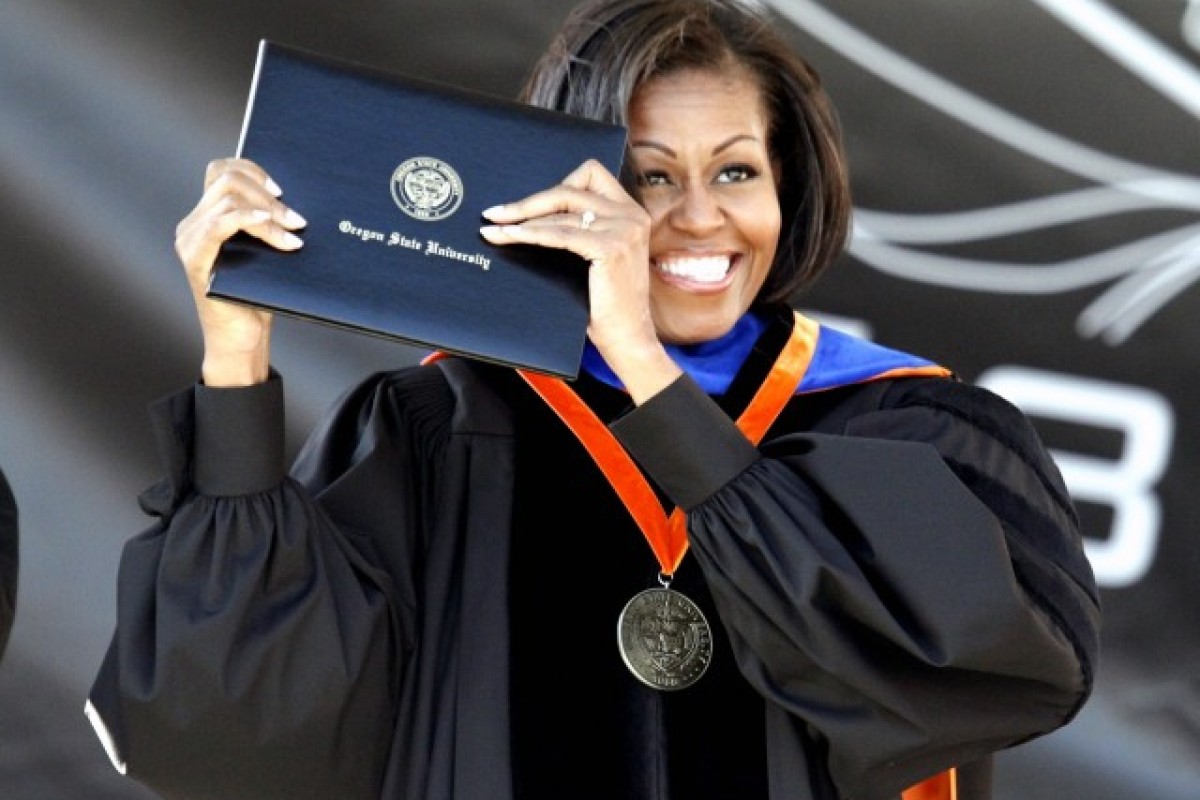

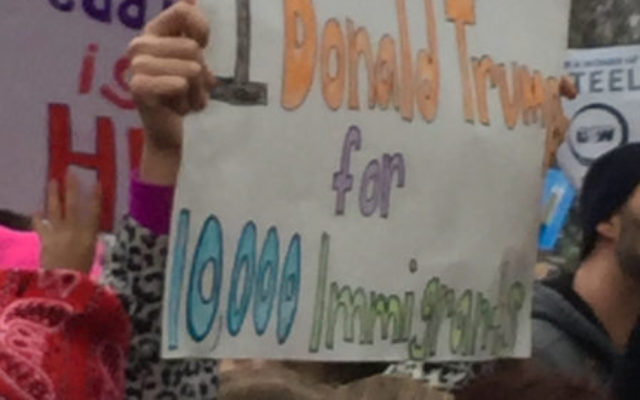
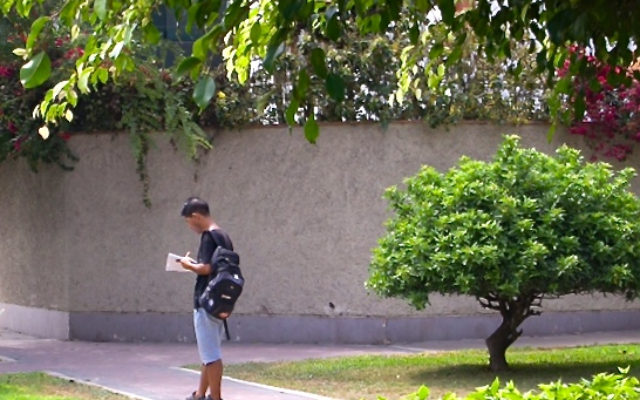
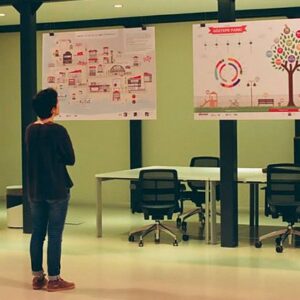
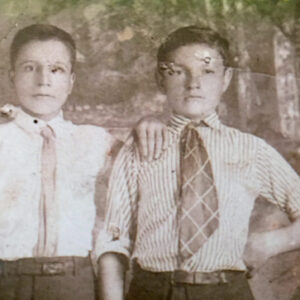
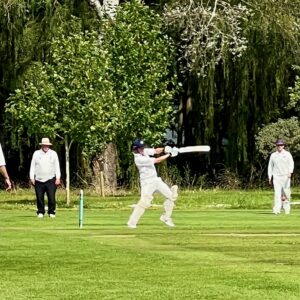
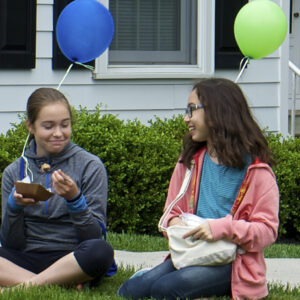
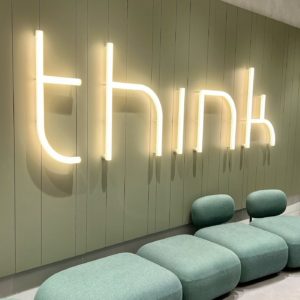

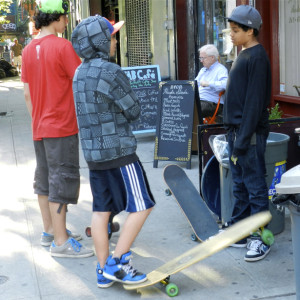
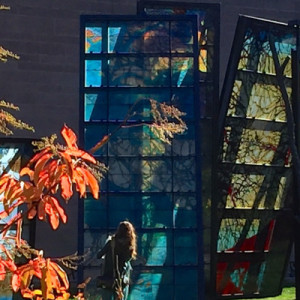
No Comments Yet!
You can be first to comment this post!